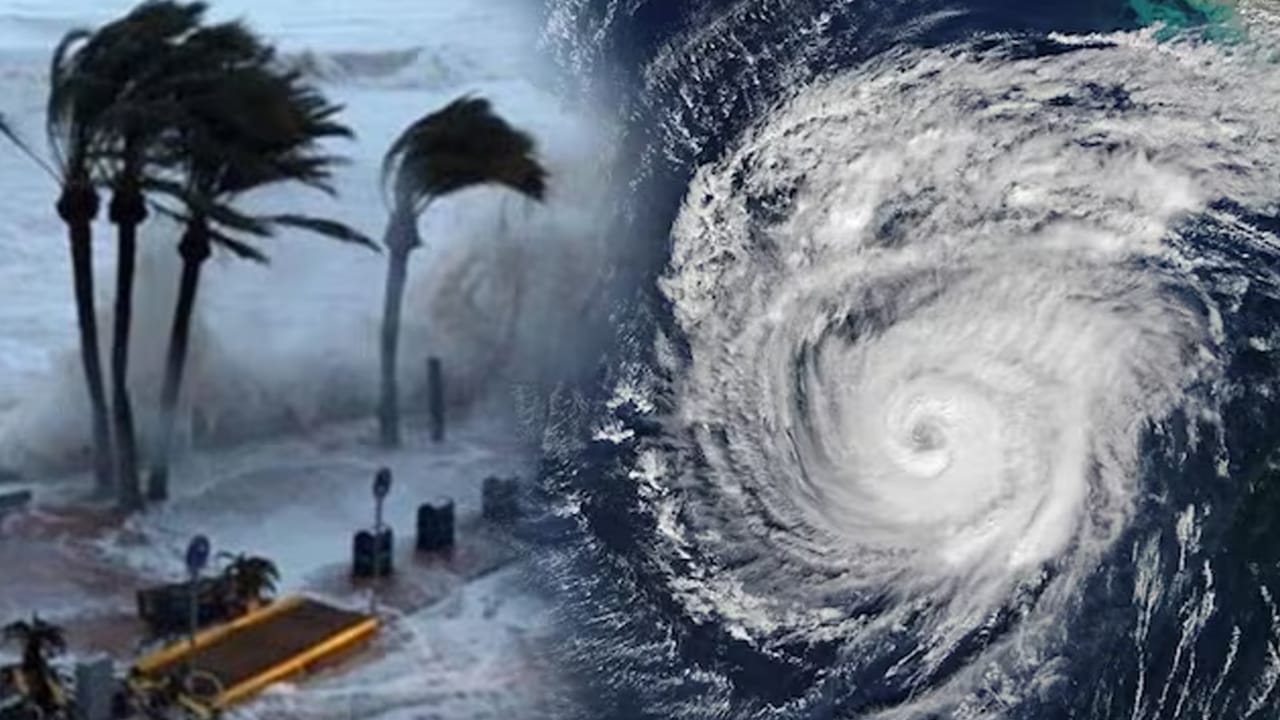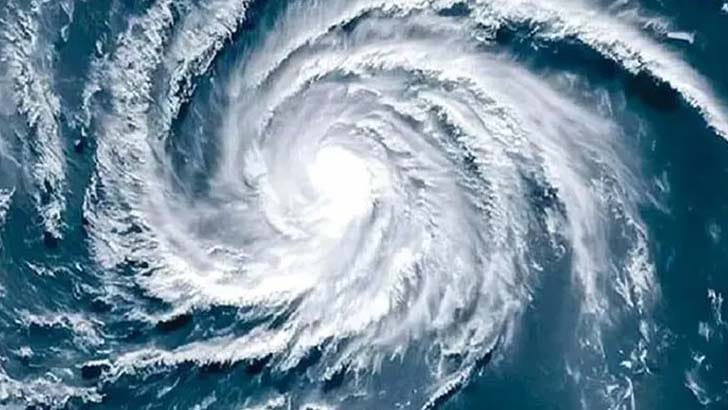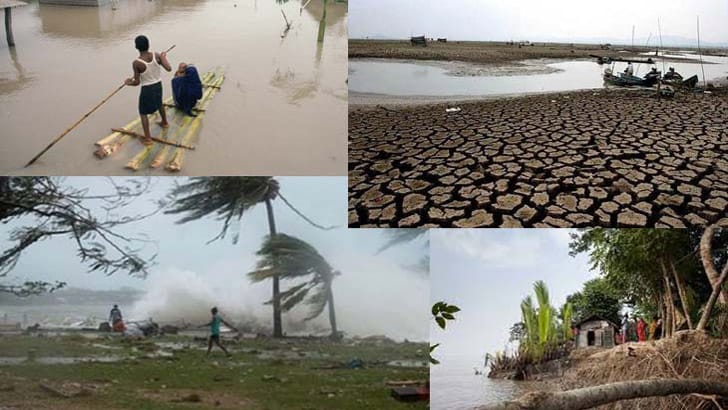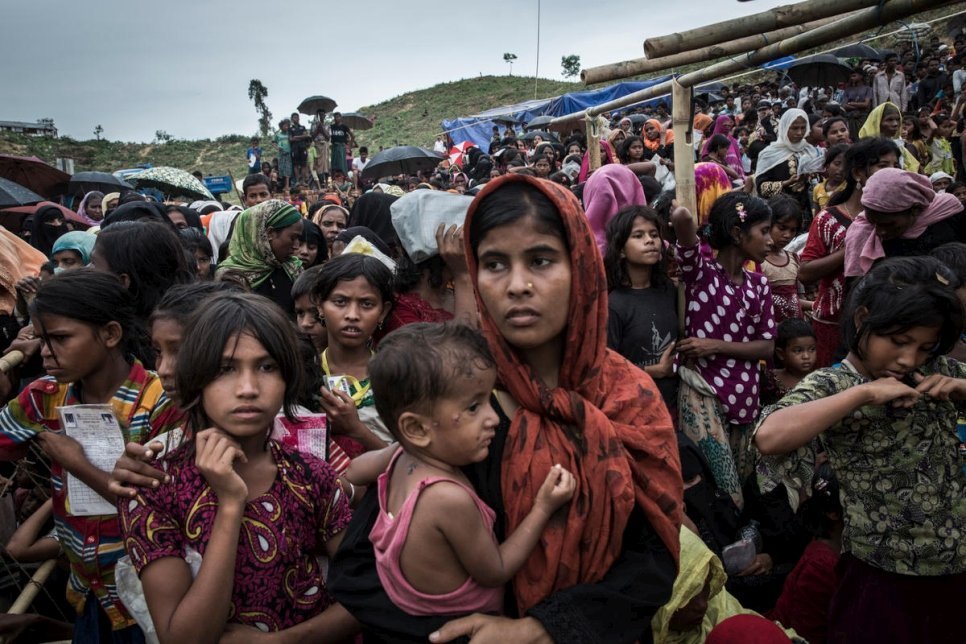Remal, which hit Bangladesh last Monday, 27th May, was almost half as powerful as the super cyclones like Amphan.. This cyclone became weaker after hitting the southern district of Bangladesh named Patuakhali, which is 225 kilometers away from Dhaka, the capital of Bangladesh. Most of the country experienced rainfall and strong winds the day it hit Bangladesh. The city of Dhaka became waterlogged before the evening. Many Dhaka dwellers suffered while going to the office and returning home. Police diverted traffic from some roads due to fallen trees, and car movement was interrupted in some places for a few hours due to fallen electric poles. However, the internet network in Dhaka remained mostly intact, although sometimes it was slow. On the other hand, the southern part of the country sometimes had a disrupted internet network due to transmission tower problems.

In South Asia, Bangladesh has reached a level of preparedness in managing natural disasters like floods in the Himalayas, sea flash floods, and cyclones very efficiently. It can be compared to how the American administration handles cyclone management in Florida, Bangladesh shows better management. Thus, the day Remal hit was not crucial for Bangladesh. Local administration, the prominent non-governmental organization BRAC, and other local voluntary organizations were enough to face the cyclone. Prime Minister Sheikh Hasina spent a busy day with the Business Delegation of America to seek new investments and solve their previous payment problems.

After the day Remal hit, the government and the leading NGO, BRAC, were busy helping people in the affected area. Government officials, volunteer workers, and BRAC workers supplied pure water, food, and medicine. Doctors are still working there.
Australian Foreign Minister and Peaceful Indian Ocean Region Before Remal hit Bangladesh, Australian Foreign Minister Penny Wong arrived in Bangladesh. The cyclone was a natural disaster that affected everyone, but Penny Wong’s visit was a geopolitical issue, confined to some diplomatic and international relations experts and within the two governments. During the visit, Penny expressed concerns about the peace of the Indian Ocean, the security of the sea, the boost in trade between the two countries, and the effects of climate change.
Australia is an active member of QUAD and one of the key players in the ocean territorial security partnership alliance AUKUS. AUKUS is also a partnership for Indo-Pacific region security. QUAD is another alliance protecting the Indo-Pacific region, so when the Australian foreign minister expressed the view of a peaceful Indian Ocean region, it also echoed the security of the Indo-Pacific Ocean.
Bangladesh is now led by one of the senior leaders in the world, who has been leading the country for more than 21 years. This context is very familiar to her. Australia is a very active part of QUAD and AUKUS, while Bangladesh’s close neighbor, India, is part of QUAD but not AUKUS. Despite the ocean security aspect of the Indo-Pacific zone of these two alliances, the island of Diego Garcia is a potential strategic security point owned by India. Additionally, Australia and India are developing their blue navy strength. Another neighbor of Bangladesh, China, is also building a significant blue navy. In this context, Bangladesh’s policy is for a peaceful Indian Ocean region and creating a free life and trade in this region, where two-thirds of the world population lives, which is a tough job in the present context.

In diplomacy, it is common never to give up on your mission and goal and never stop addressing present matters while thinking about any complex future because the present is always more substantial than the future. That’s why Bangladesh will push with Australia on trade and work on related aspects of climate change.
Last week, The Washington Post published that Australia is the most vulnerable to many species worldwide, some of which are now in danger. Some species in Bangladesh, from animals to plants, are also in danger. So, the two countries should work together. It would be wise if Bangladesh sought joint work with Australia on the effects of climate change.
Rohingya, the Allocation for Climate Change Effect in the Upcoming Budget
The Australian foreign minister also visited the Rohingya refugee camp in Bangladesh and assured continued support. By June, Bangladesh had received foreign aid for the Rohingya refugees, amounting to about 6.7 million US dollars last year, but it was only $3.4 million this year. Rohingya refugees are a humanitarian issue, but they are also one of the causes of destroying the natural balance of a hilly area in Bangladesh. This will push Bangladesh to be more vulnerable to climate change.

The area where Rohingyas are staying is a coastal and hilly forest area. If this forest vanishes, the impact of refugee settlement would be another disaster because American climate scientists are focusing on the ocean’s temperature and seawater, fueling cyclones. This year, only the Atlantic Ocean will create 24 cyclones. The same thing will happen in all oceans and seas.
In Bangladesh, the first shield against cyclones is the forest. So, forests are most necessary in any coastal belt in Bangladesh. Bangladesh needs more foreign aid to help the Rohingya refugees without destroying the eco-balance. Simultaneously, the upcoming budget requires more allocation in this sector to protect other parts of Bangladesh from the effects of climate change. Still, it is a budget based on austerity. That’s why Australia can help more in this climate sector as a friend and a prosperous country.
The writer is a National award-winning Journalist and Editor of The Present World and Sarakhon.










